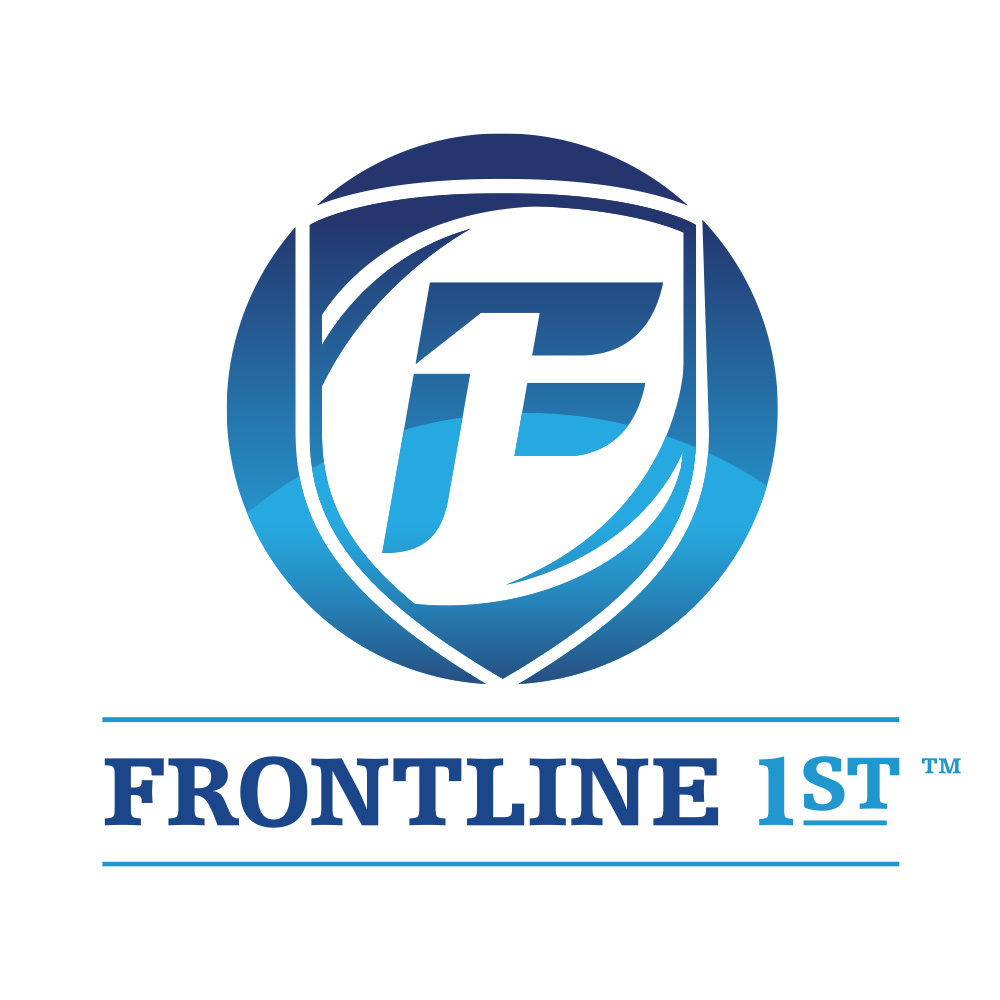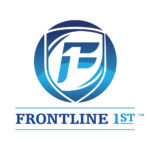Salesforce’s Einstein Lead Scoring is an AI-driven feature that helps sales teams prioritize their leads based on similarities to prior converted leads, empowering them to focus on those most likely to convert. By leveraging data science and machine learning, Einstein Lead Scoring analyzes historical data, activity data and data in standard and custom fields to score new leads based on their likelihood of conversion. For sellers, this means fewer wasted calls, more client meetings, and an increase in productivity, allowing them to spend their valuable time on leads that truly matter.
The Mechanics of Einstein Lead Scoring
Einstein Lead Scoring uses machine learning to analyze a business’s unique lead history and determines the factors that correlate with successful conversions. Unlike static, manual scoring models, Einstein Lead Scoring is dynamic and continuously learns from new data, making it adaptable to changing patterns and trends in lead behavior. The algorithm looks at a wide range of variables (i.e., lead custom fields defined in the model, activity history, and past converted leads) to score leads based on their potential to convert.
This model results in a predictive score that sellers can see directly within Salesforce, giving them a quick snapshot of a lead’s value and conversion potential. Lead scores are updated every six hours as needed, helping sellers stay on top of high-priority leads as they arise. It should be noted that it can take up to 24 hours for lead scoring to appear once Einstein Lead Scoring is enabled.
There has to be enough data in your system to score the leads, whether you have chosen to segment lead scoring or score all leads together in one group. Encourage your sales reps and leverage your marketing tools to enrich your lead data so it results in better lead scoring by taking all the data points into consideration.
Benefits of Einstein Lead Scoring for Sales Teams
1. Increased Efficiency in Prospecting – Sellers often spend a significant amount of time reaching out to cold or low-potential leads. With Einstein Lead Scoring, sellers can now focus on high-probability leads, minimizing time spent on unlikely conversions. This translates to more time for sellers to craft personalized pitches and engage meaningfully with prospects, which is crucial for building strong client relationships.
2. Data-Driven Decision Making – One of the most challenging aspects of prospecting is the subjective nature of lead prioritization. Einstein Lead Scoring eliminates much of the guesswork by delivering objective scores that guide sellers toward leads with genuine potential. This allows sales teams to make data-driven decisions and use AI insights to approach each lead with confidence.
3. More Meetings and Higher Conversion Rates – By zeroing in on leads with the highest likelihood of conversion, Einstein Lead Scoring directly boosts the number of successful outreach efforts. Focusing on top-scoring leads results in a significant increase in the number of client meetings booked per call made. In turn, this yields a higher conversion rate and, ultimately, more closed deals.
4. Scalability and Continuous Learning – Traditional lead scoring methods can become outdated, especially as businesses scale or pivot their strategies. Einstein Lead Scoring, however, constantly learns from every new interaction and adapts to shifting market conditions, making it an ideal solution for scaling businesses that need a robust, up-to-date lead scoring system. Einstein models are refreshed every 10 days, or when an admin configures the lead scoring model.
5. Personalized Lead Engagement – With data-backed insights into what makes a lead valuable, sellers can tailor their outreach based on specific characteristics or behaviors identified by Einstein. For example, if a lead’s engagement history with marketing content shows a strong interest in a particular product feature, sellers can highlight that feature in their initial conversation, increasing the chance of engagement and conversion.
6. Better Sales-Marketing Alignment – If you are using tools such as Marketing Cloud Account Engagement (formerly Pardot), HubSpot, or Marketing Cloud, then your marketing team will gain a clearer understanding of which types of leads convert, helping them refine campaign targeting and messaging. Einstein Lead Scoring creates a more cohesive system where marketing and sales data flows smoothly, improving lead management and increasing the likelihood of conversions.
Real-World Impact of Einstein Lead Scoring
For example, a sales team at a B2B SaaS company can use Einstein Lead Scoring to prioritize leads showing strong engagement with educational webinars and white papers. If the organization is using Marketing Cloud Account Engagement, they can see engagement data (i.e., visiting the landing page, downloading white papers using gated download) and all this data flows into Salesforce CRM to serve as lead scoring parameters. With higher lead scores reflecting engagement and propensity to buy, sales reps can focus on reaching out to these prospects, knowing they’re more likely to be interested in the product. The result? A higher number of qualified meetings and a boost in the team’s overall conversion rate.
Another example might be in real estate, where agents can use lead scoring to prioritize clients who show an interest in specific properties or neighborhoods. These clients, often with higher lead scores, are more likely to respond positively to follow ups where agents use the preference data to show properties that best fit their needs.
Getting Started with Einstein Lead Scoring & Considerations
Einstein Lead Scoring is part of Salesforce Sales Cloud and most organizations can get up and running rapidly. Once enabled, sales teams can start seeing lead scores and adjusting their prospecting strategy. Moreover, with customizable dashboards and reporting, managers can track the impact of lead scoring on conversion rates and prospecting efficiency, ensuring alignment with the team’s goals.
However, there are several considerations when setting up Einstein Lead Scoring as it relies on your existing data, the models you build and the goals of your organization. For instance, if you set up a lead scoring model and your Salesforce instance does not have enough data, Einstein Lead Scoring applies a global model that uses anonymous data from many Salesforce customers. In addition, when you use standard and custom field picklist values as filters in your model, you must delete or deactivate those values if you don’t want them to impact your next round of analysis. Pay careful attention to how filtering impacts scoring and insights.
At Frontline 1st, we have helped many firms unlock the full potential of Einstein to empower sales and marketing teams—streamlining processes, prioritizing high-value leads, and enabling smarter selling. Ready to make the most of Einstein Lead Scoring?
Contact Frontline 1st today to kickstart your Salesforce journey!
Conclusion: The Path to Smarter Selling
Einstein Lead Scoring has redefined the way sales teams approach prospecting by equipping them with powerful AI insights to target the right leads. By using lead scores to prioritize outreach, sellers can optimize their prospecting time, reduce the number of cold calls, and ultimately increase the number of client meetings and closed deals. For any business looking to maximize sales efficiency, Einstein Lead Scoring is an essential tool that helps sellers work smarter, not harder.
By embracing this AI-driven approach, sales teams are positioned to transform their prospecting process, maximize their productivity, and drive greater success in an increasingly competitive marketplace.











